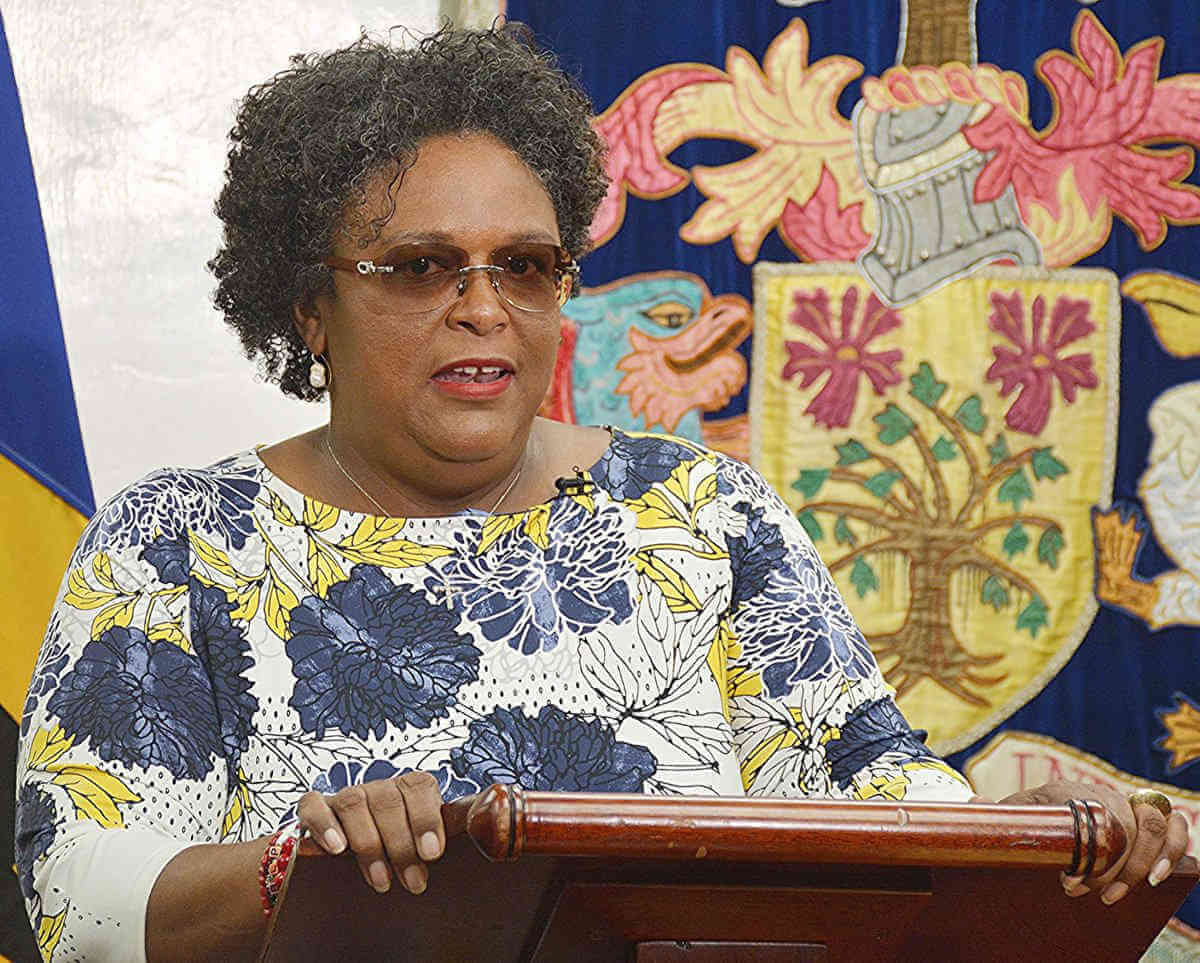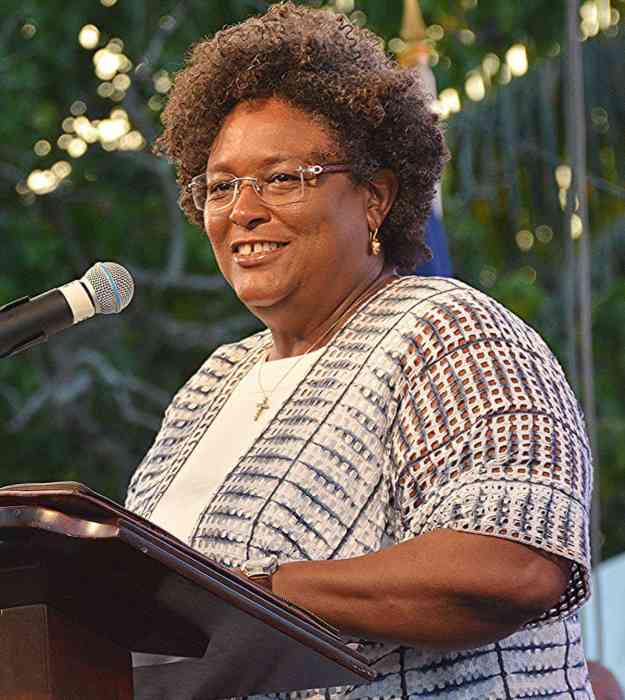Following government’s unilateral suspension of external debt payments, Barbados was this week unsurprisingly hit by an international credit rating downgrade.
One week after winning the May 24 elections the Prime Minister Mia Mottley government declared it found that the island was wilting in under more than $7.5 billion owed to creditors, with public debt as a proportion of national income at 171 percent of GDP.
As a result of those dismal figures she announced, on June 1 “from today, we are suspending payments due on debts owed to external commercial creditors. … The truth is our debt has been in unsustainable territory for some time.”
Among the many foreign debt obligations Barbados did not honour consistent with that June 1 decision were two major repayments scheduled for early this month.
Mottley also addressed the local debt on June 1, “we will endeavour to make scheduled domestic interest payments. However, domestic creditors will be asked to roll over principal maturities until we reach a restructuring agreement.”
These triggered the Standard and Poor’s downgrade last week.
The rating agency said that the downgrade was owed to Barbados’ Aug. 2, “rollover on its principal payments on short-term local currency issues, which we consider as paramount to default; and also learned that Barbados performed a similar operation on July 11.”
As regards the external debt obligations, S&P stated, “on Aug. 4 and Aug. 6, Barbados failed to make coupon payments on its global bonds due 2022 and 2019, respectively, and we do not expect it to make these payments. In line with our criteria for timeliness of payments, we are lowering the issue-level rating on these global bonds to ‘D’ from ‘CC’”.
These two payments relate to a $200 million loan taken out by the past government in 2010 through Deutsche Bank at a seven per cent interest rate, with a redemption date of 2022; and a $40 million loan uplifted in 2009 at 7.80 per cent from Scotiabank, Trinidad, due for a full repayment in 2019.
Unlike the state of affairs during the past 10 years that witnessed more than 20 instances of downgrades suffered from multiple rating agencies, government appears to have a plan to address Barbados’ massive debt burden. And, and suspension of immediate international debt payments is the first step.
Around the same time that Prime Minister Mottley’s administration announced a cessation of the foreign debt payments, it began courting the International Monetary Fund seeking extended funding.
Though government is still in talks with the IMF, that fund has already committed to lending Barbados money at a concessionary rate of one percent interest.
Once the deal is clinched, as is expected within the next few months or early next year, besides the influx of badly needed cheap money, it will represent IMF approval of the country’s restructuring plan to take it out of the current recession.
That IMF approval will open doors to many other international lending agencies dispensing favourable loans.
As explained by Mottley, government’s plan is to use part of the concessionary and other favourable loans to restart repayment of outstanding debt at reduced percentages over longer periods.
This means the two outstanding loans which triggered the latest downgrade will sometime soon be serviced below the more than seven percent interest rate that currently applies.
Repayment at lower percentages frees up money for internal restructuring of the Barbados economy.
While the government of almost three months awaits the inflow new and easy-terms financing, Barbadians should brace for a few more international downgrades.


























